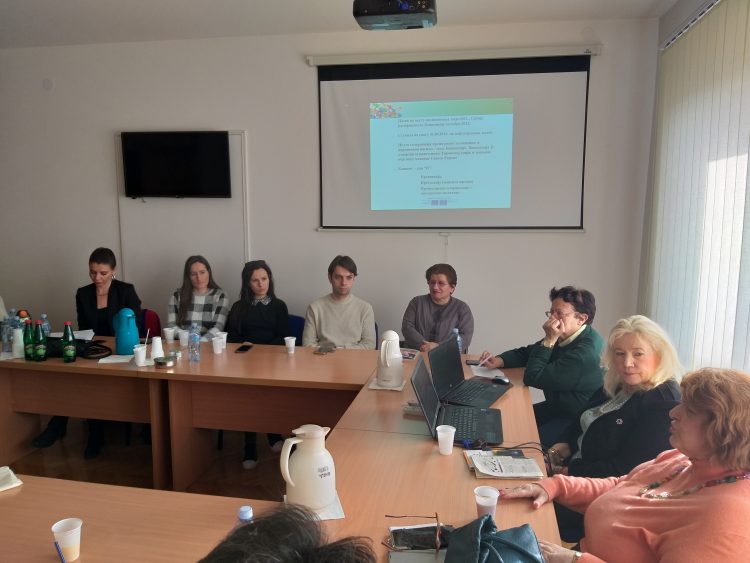Organized by the Study Group on Gender Equality and Public Policy, within the lecture series entitled as “New Views, Perspectives and Research on Gender Theory”, professor Gordana Gasmi of the Institute for Comparative Law, lectured at the Institute of Social Sciences on 29 January. Her topic was the Council of Europe „Конвенција Савета Европе о спречавању и борби против насиља над женама и насиља у породици – Истанбул Конвенција“.
The Convention aims to achieve zero tolerance for gender-based and domestic violence, and Serbia is among the first countries which ratified the document back in October 2013.
The Convention is founded on the so-called. three “P’s”: Prevention, Protection (victim protection) and Prosecution of perpetrators + integrated policies. In doing so, the Council of Europe, for the first time, establishes a Convention with legally binding standards for the prevention of violence against women and domestic violence, with the principles of protecting victims and punishing perpetrators. The Convention standpoint is that violence is discrimination against women, but also a violation of women’s human rights. Therefore it stipulates the elimination of harmful gender stereotypes and prejudices based on the idea of women’s inferiority, since these facilitate justification of violence against women and contribute to the impunity of the abusers.
It was concluded that the Council of Europe Convention on the Prevention and Combating of Violence against Women and Domestic Violence constituted a major legal and civilizational achievement at the beginning of the 21st century.

